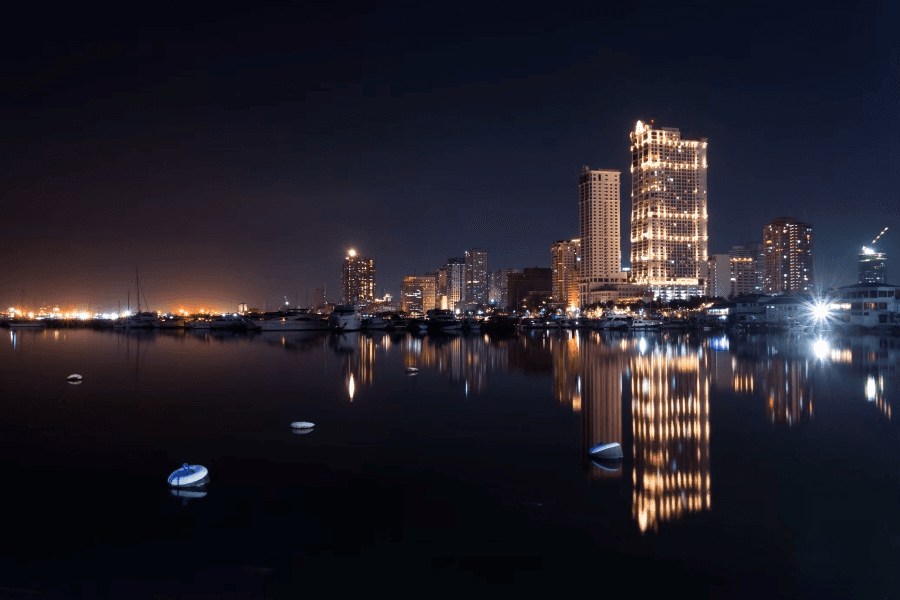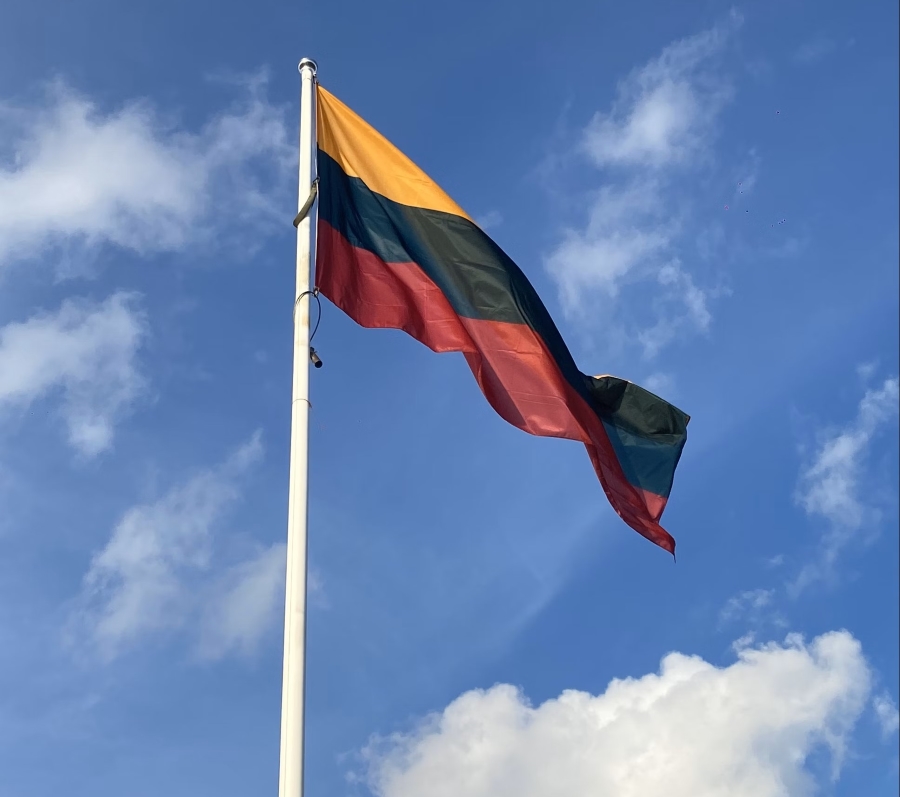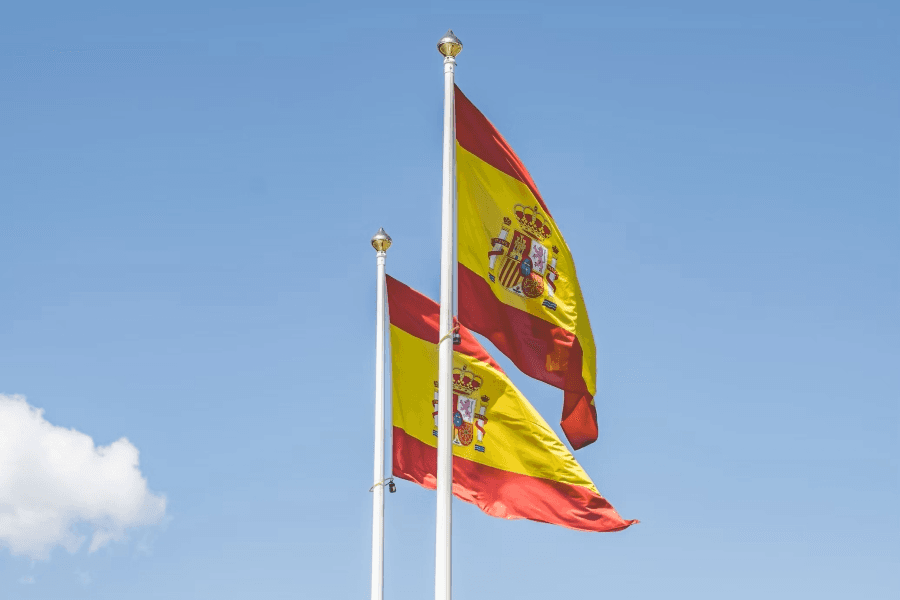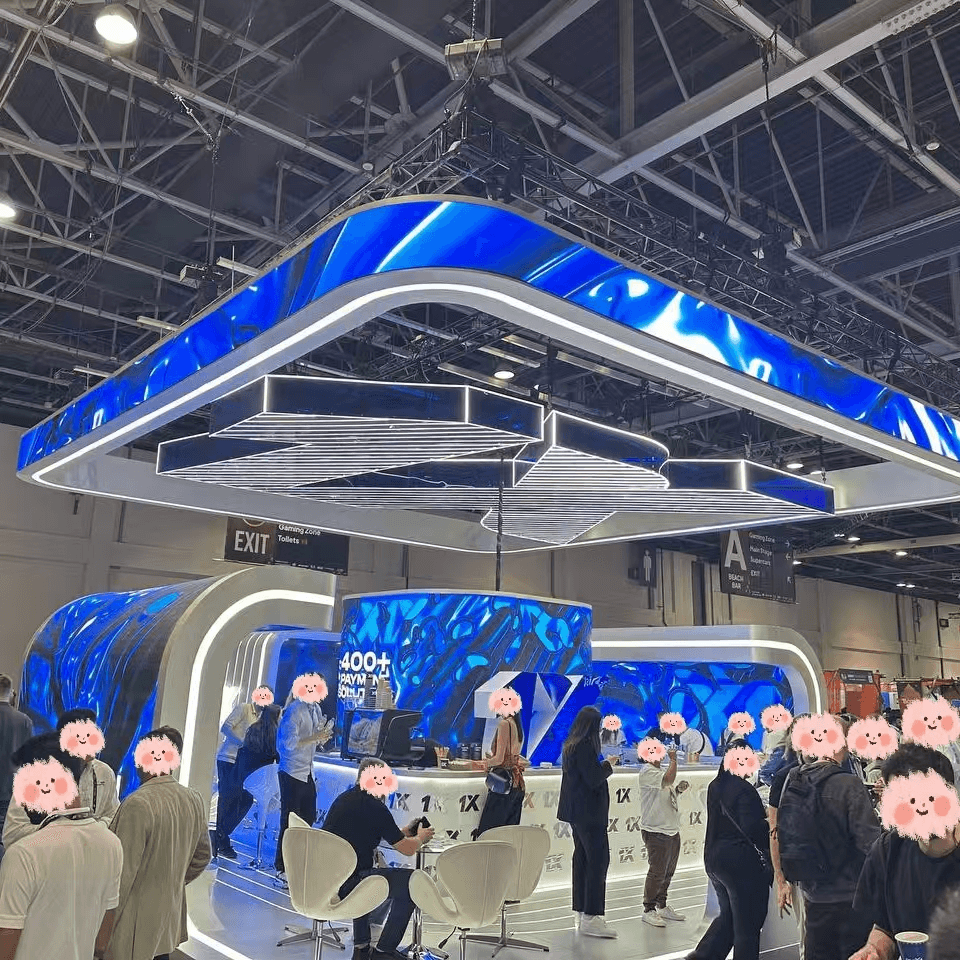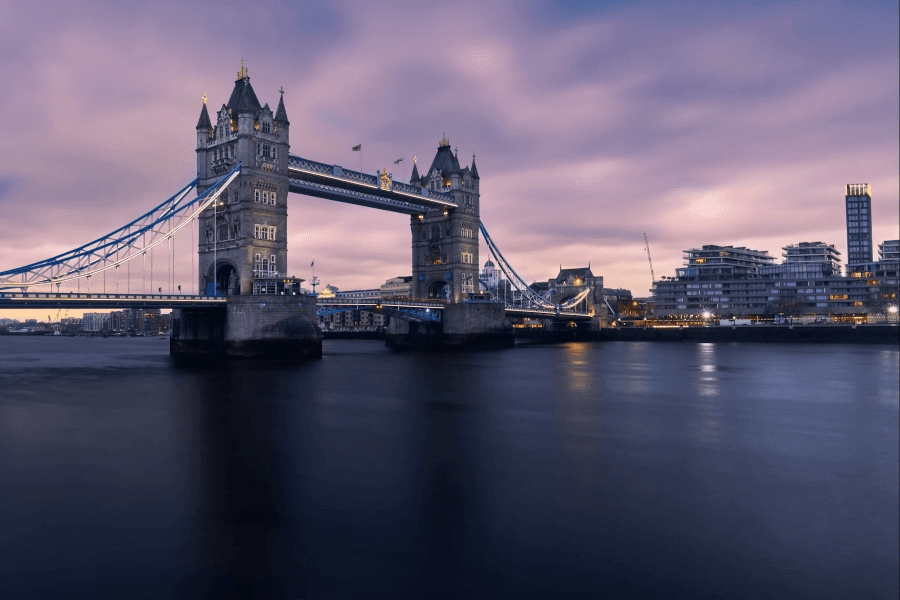$8 Billion Dollar Citi Field Casino Bid in Jeopardy
Share This Tags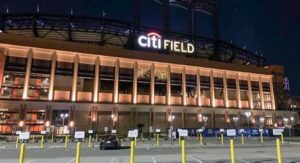 The plans for a casino development at the New York Mets’ Citi Field have hit a significant roadblock, as the local state senator, Jessica Ramos, has made it clear that she will not support the necessary legislation to advance the project. This high-profile setback has cast uncertainty over the future of Steve Cohen’s ambitious casino proposal, which was part of a broader effort to transform the area surrounding the baseball stadium.
The plans for a casino development at the New York Mets’ Citi Field have hit a significant roadblock, as the local state senator, Jessica Ramos, has made it clear that she will not support the necessary legislation to advance the project. This high-profile setback has cast uncertainty over the future of Steve Cohen’s ambitious casino proposal, which was part of a broader effort to transform the area surrounding the baseball stadium.
Steve Cohen, the billionaire owner of the New York Mets, has been spearheading the Metropolitan Park project, which envisioned a casino as the centerpiece of a larger mixed-use development in the parking lots surrounding Citi Field. The project was one of 11 major groups vying for three coveted gaming licenses in downstate New York, a region that currently lacks any full-service casinos despite being the largest metropolitan area in the country.
However, the plan has faced staunch opposition from State Senator Jessica Ramos, whose district includes the neighborhoods of Corona and Jackson Heights, which are situated along the subway line leading to Citi Field. Ramos has stated that 75% of her constituents have expressed that they do not wish to have a casino in their backyard, and she has vowed to not introduce the necessary legislation to redesignate the parking lots from parkland to commercial use, a critical step for Cohen’s project to move forward.
Ramos, a 38-year-old labor committee chair, has positioned herself as a foil to the 67-year-old hedge fund titan Cohen, whom she estimates to be worth $18 billion. The senator has voiced her resentment over the number of lobbyists and experts Cohen has employed, expressing frustration at the difficulty of finding unbiased experts to converse with. Ramos has also criticized the Cohen camp’s advocacy tactics, including holding a press conference shortly before one of her town hall meetings.
In response to Cohen’s casino-centric plan, Ramos has introduced an alternative bill that would allow for development on the land surrounding Citi Field but without the inclusion of a casino. However, she has made it clear that she is unlikely to budge on her opposition to the casino component, stating that she would be “very surprised, and, frankly, offended if someone would try to go around me and what the people in my district wish.”
To realize his vision, Cohen needs Ramos to introduce the necessary legislation to redesignate the parking lots and other areas around Citi Field from parkland to commercial use. Typically, state senators have not overruled the senator who presides over a given district in matters like these, and Ramos believes the majority leader would be “very wary of creating such a precedent.” Cohen’s group has indicated that they will continue to try to secure the required approvals, but Ramos has expressed skepticism about their ability to do so without her support.
The licensing process for the three downstate New York gaming licenses has already faced delays, with the state’s gaming commission stating that the licenses won’t be awarded until late 2025. The bid submissions are not even scheduled until next year, further complicating the timeline for Cohen’s plans.
Ramos has argued that casinos would “extract wealth instead of (helping) us create the generational wealth that the vast majority of immigrant and African American families in the surrounding neighborhoods are clamoring for.” This stance reflects the concerns of the local community, who have expressed their opposition to the casino proposal.
While Cohen’s plans for a Citi Field casino have hit a roadblock, the New York Yankees are also pursuing a casino project, this time in Coney Island. Legends, a sports and entertainment company co-founded by the Yankees, is attempting to bring a casino to the Coney Island area, underscoring the broader competition for these lucrative gaming licenses in the New York City region.
Despite the current impasse, Cohen’s group has stated that they remain committed to bringing the Metropolitan Park project to life, with gaming as the “only viable economic engine” to support the proposed 23,000 jobs and $8 billion investment. The team has indicated that they have “over a year and multiple pathways to secure the required approvals,” suggesting that they may explore alternative strategies or potential compromises to overcome the legislative hurdle.



 2024-05-30
2024-05-30



